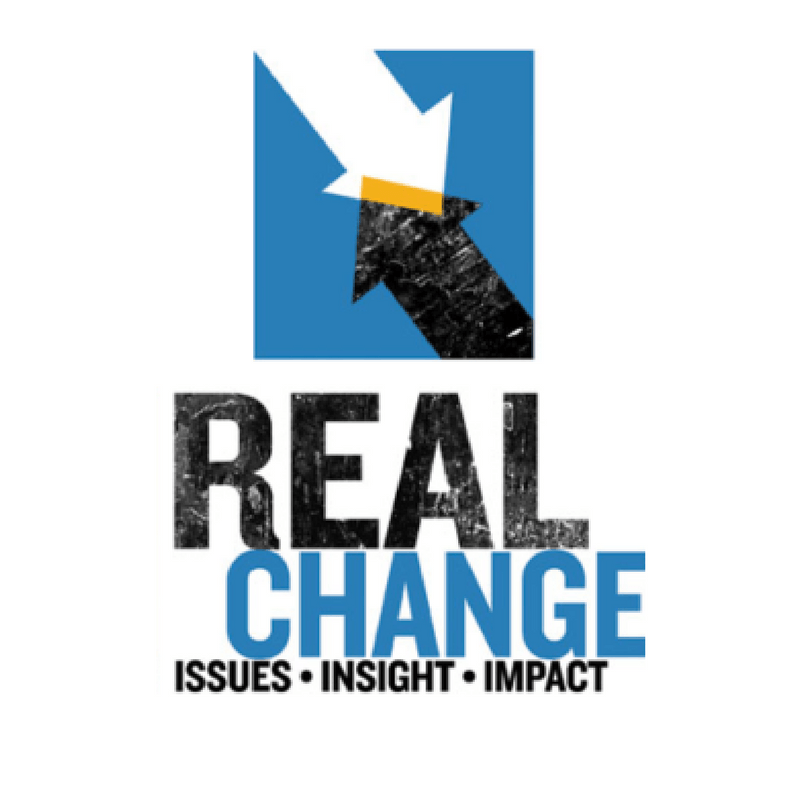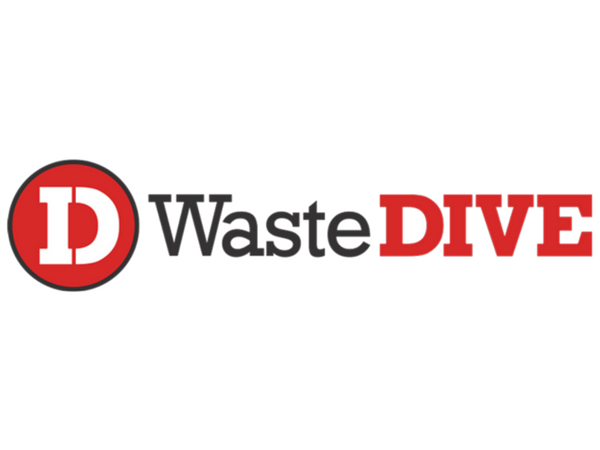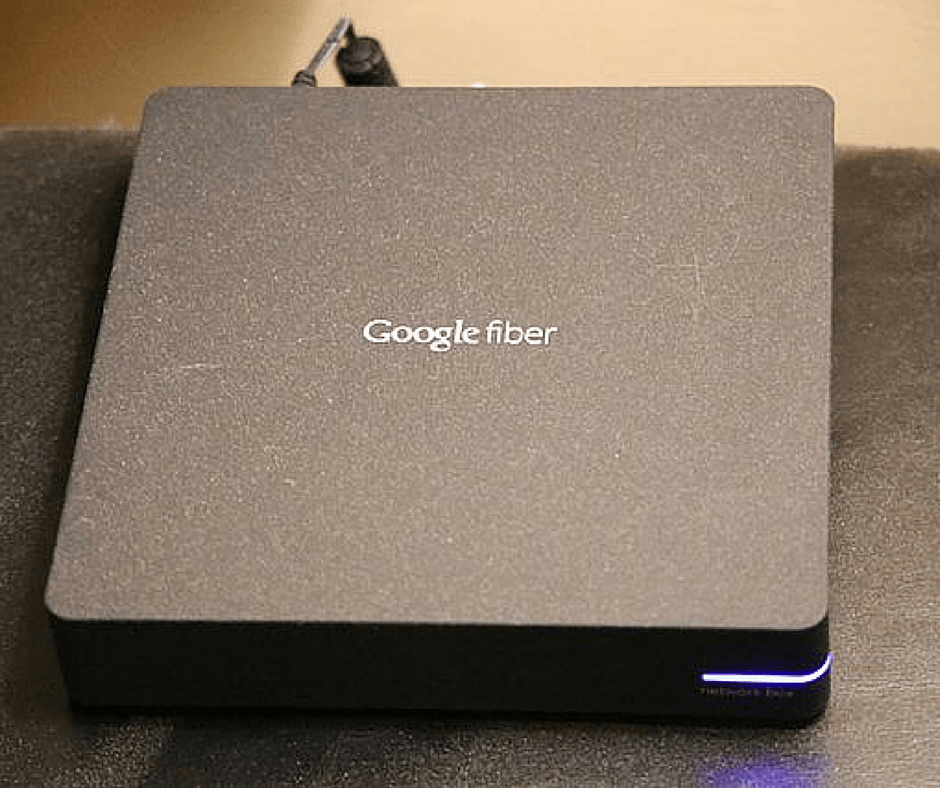Real Change News – March 8th, 2017
By Ashley Archibald
The Trump presidency has lit a fire under activists of all stripes in communities across the nation. Mayors of prominent cities such as Los Angeles, New York, Chicago and here in Seattle have signaled that they will not play ball with the White House and have taken steps to protect their budgets and residents from potential repercussions.
Large cities and metropolitan areas are fortifying themselves, building economic walls and digging policy moats to guard against federal policies and executive orders, but there’s a Trojan horse in play, and it’s already been wheeled into town square. …
Municipal broadband, advocates say, would be cheaper, faster and more equitable for the 15 percent of Seattle’s residents who didn’t have access to the internet, a figure reported by a 2014 phone survey conducted for the city.
It’s also necessary for the future of the city, said Christopher Mitchell, director of the Community Broadband Networks Initiative with the Institute for Local Self Reliance, a think tank that has helped Seattle’s public internet movement.
“I don’t see why a high-tech city would want to rely on a mediocre network,” Mitchell said.
By Mitchell and Upgrade Seattle’s way of thinking, internet access should be no different city-managed power, water or trash collection services.
A collaboration with Seattle City Light would cut the cost of the construction of the fiber network by approximately $130 million. …
The banking sector is dominated by large, often international, banks, the “too big to fail” crowd that sunk the United States and much of the world into economic depression in 2008. The rest of the market belongs to community banks, which lend to people based more on relationships rather than a credit score.
There’s an exception: North Dakota.
The Bank of North Dakota is the only publicly run bank in the country, and it’s been a boon to the North Dakotan economy, said Stacy Mitchell, codirector of the Institute for Local Self-Reliance.
“We found that it generates a number of significant benefits for the state and the state’s economy,” Mitchell said. “It’s a great idea.”
The bank flew under the radar until the financial collapse, she said, but policy makers have begun to take notice. It’s just not easy to start a public bank.
“You really need a set of lawmakers and other officials who are committed to a multi-year process of setting up a new institution,” she said. “It’s a bit to bite off, and it requires a certain amount of technical expertise.”
As it happens, Washington has at least one legislator ready to take it on.
State Senator Bob Hasegawa (D-Beacon Hill) has long been a proponent of a state-owned bank. Current law prohibits it, but his bill in the 2017 legislative session would have allowed for a public bank. Had it ever made it out of committee, that is.
According to mynorthwest.com, this is the fifth session in a row in which the state bank idea got rejected by other lawmakers. Still, the idea could benefit Washingtonians in ways they don’t realize, such as cheaper student loans, mortgages and borrowing costs, Mitchell said.
“Folks who have gotten excited led with the solution rather than making the case that the banking system is not serving us very well,” she said.
…





